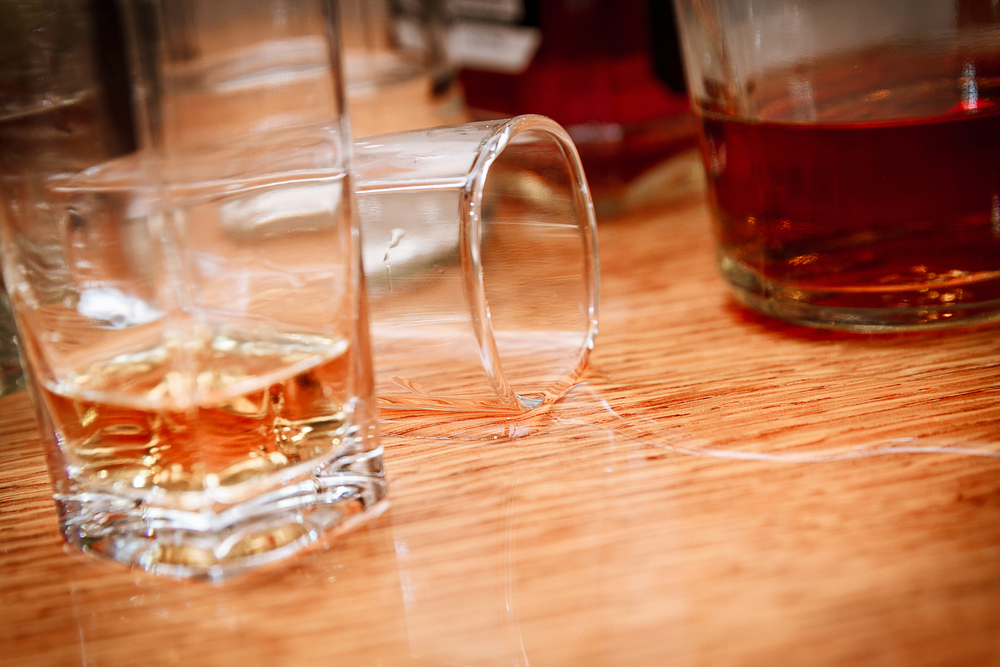Teen alcohol abuse disorder is an example of alcohol abuse by teens that includes issues controlling drinking, being distracted with liquor, proceeding to use liquor even when it causes issues, drinking more to get a similar impact, or having withdrawal side effects when you are quickly lessening or quitting drinking.
Alcohol abuse includes too much of consuming alcohol that affects your health and safety and causes some alcohol-related problems. It includes hard-core drinking—a form of drinking alcohol where a male already consumes five or more drinks within two hours or a female who consumes at least four alcoholic drinks within two hours. Hard core drinkers may develop serious health and safety risks.
You will likely have alcohol abuse disorder if you are continually drinking with the same reasons like significant distress and issues working in your daily life. It can extend from mild to extreme that leads to serious health problems that are needed to be treated right away.
Teens are prone in exploring with drugs, setting their health and safety at risk. By teaching teens about the effects of using alcohol and the importance of their health, we can help prevent alcohol abuse.
Insecurity for a social acknowledgement is one of the factors that contribute to teen drug abuse. Teens often feel indestructible and will not consider the effects of their actions, and it leads to a dangerous situation—such as legal and illegal drug and alcohol abuse.
Common risk factors for teen drug abuse may include the following
- A family history of substance abuse
- A mental or social condition, for example, despondency, uneasiness or attention deficit hyperactivity disorder (ADHD)
- Impulsive conduct
- A history of horrendous crimes and accidents
- Low confidence or sentiments of social dismissal


